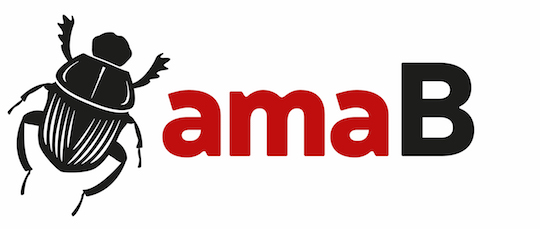Where did this leak come from?
It was obtained by Germany’s largest daily newspaper, Süddeutsche Zeitung. The data includes 13.4-million documents (1.4terabytes) from two offshore service providers, Appleby and Asiaciti Trust, and from the company registers of 19 tax havens.
Where does the name Paradise Papers come from?
From the fact that all the places involved are so-called tax havens or “tax paradises”.
Who leaked it?
Because of the need to protect its sources, the newspaper is unable to provide information about who supplied the papers.
But the law firm Appleby says it was hacked. Is that true?
The Süddeutsche Zeitung can’t verify this claim. The paper received the data through legal channels and evaluated them journalistically.
What’s different between these and the Panama Papers?
In contrast with the Panama Papers, these papers contain details of multinational corporations that use the offshore system. Among Appleby’s clients are companies like Nike, Apple, Facebook, Walmart, Allianz, Siemens, McDonald’s and Yahoo.
How did the media collaboration work?
The Süddeutsche Zeitung shared the data with the International Consortium of Investigative Journalists in Washington so other outlets could participate in the reporting — including amaBhungane and the Financial Mail in SA.
Are all of the people and companies in the Paradise Papers engaged in criminal activities?
No. Much of the activity is legal — such as when multinationals use subsidiaries in tax havens to reduce the amount of profit they report. Private people who set up an offshore company, report it to the authorities and pay tax on their profits don’t usually run into problems.
But if shell companies are broadly legal, why is this such a big deal?
Just because something is legal doesn’t mean it’s legitimate or moral. The fact that almost every country loses out on billions each year through legal tax avoidance is a public interest issue. It is money that could be used for hospitals, schools and roads.
Have previous leaks had any effect?
Earlier revelations such as LuxLeaks (2014), Swiss Leaks (2015) and the Panama Papers (2016) triggered discussions about the dangers associated with tax havens. The Panama Papers changed a lot: two prime ministers were forced to resign (in Iceland and Pakistan) and there was an EU investigative committee and tighter laws in several countries.
Will all the names be published?
No. The Süddeutsche Zeitung will not publish all of the names in the Paradise Papers. This is because in the case of many of the companies and private individuals that appear there is no obvious public interest.
* Written in collaboration with the Financial Mail (RSA)

The amaBhungane Centre for Investigative Journalism produced this story. Like it? Be an amaB supporter and help us do more. Know more? Send us a tip-off.